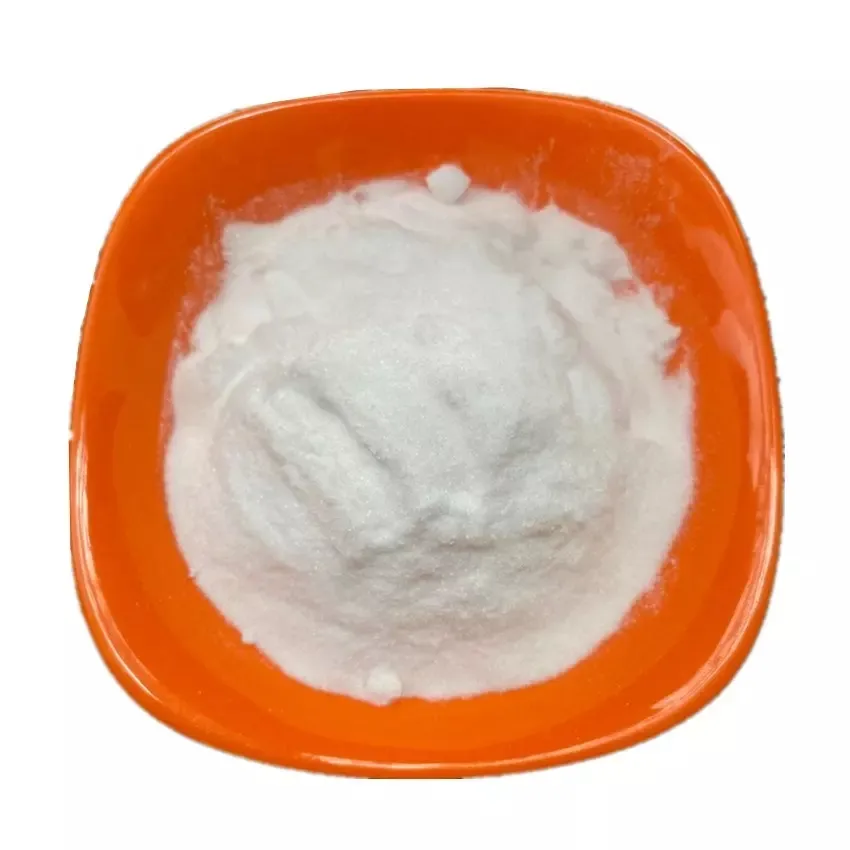Warning: Undefined array key "title" in /home/www/wwwroot/HTML/www.exportstart.com/wp-content/themes/1198/header.php on line 6
Warning: Undefined array key "file" in /home/www/wwwroot/HTML/www.exportstart.com/wp-content/themes/1198/header.php on line 7
Warning: Undefined array key "title" in /home/www/wwwroot/HTML/www.exportstart.com/wp-content/themes/1198/header.php on line 7
Warning: Undefined array key "title" in /home/www/wwwroot/HTML/www.exportstart.com/wp-content/themes/1198/header.php on line 7
- Afrikaans
- Albanian
- Amharic
- Arabic
- Armenian
- Azerbaijani
- Basque
- Belarusian
- Bengali
- Bosnian
- Bulgarian
- Catalan
- Cebuano
- China
- China (Taiwan)
- Corsican
- Croatian
- Czech
- Danish
- Dutch
- English
- Esperanto
- Estonian
- Finnish
- French
- Frisian
- Galician
- Georgian
- German
- Greek
- Gujarati
- Haitian Creole
- hausa
- hawaiian
- Hebrew
- Hindi
- Miao
- Hungarian
- Icelandic
- igbo
- Indonesian
- irish
- Italian
- Japanese
- Javanese
- Kannada
- kazakh
- Khmer
- Rwandese
- Korean
- Kurdish
- Kyrgyz
- Lao
- Latin
- Latvian
- Lithuanian
- Luxembourgish
- Macedonian
- Malgashi
- Malay
- Malayalam
- Maltese
- Maori
- Marathi
- Mongolian
- Myanmar
- Nepali
- Norwegian
- Norwegian
- Occitan
- Pashto
- Persian
- Polish
- Portuguese
- Punjabi
- Romanian
- Russian
- Samoan
- Scottish Gaelic
- Serbian
- Sesotho
- Shona
- Sindhi
- Sinhala
- Slovak
- Slovenian
- Somali
- Spanish
- Sundanese
- Swahili
- Swedish
- Tagalog
- Tajik
- Tamil
- Tatar
- Telugu
- Thai
- Turkish
- Turkmen
- Ukrainian
- Urdu
- Uighur
- Uzbek
- Vietnamese
- Welsh
- Bantu
- Yiddish
- Yoruba
- Zulu
Dic . 11, 2024 09:50 Back to list
Exploring the Uses and Benefits of Xanthan Gum in Various Industries
Understanding Xanthan Gum A Multifaceted Ingredient in Food and Beyond
Xanthan gum is a widely utilized ingredient in various industries, most notably in food production, cosmetics, and pharmaceuticals. It is a polysaccharide that is produced through the fermentation of glucose or sucrose by the bacteria Xanthomonas campestris. This remarkable gum has gained popularity due to its unique thickening, stabilizing, and emulsifying properties, making it a valuable additive in numerous applications.
In the food industry, xanthan gum serves as a powerful thickening agent. This is particularly useful in products that require a specific texture or viscosity, such as salad dressings, sauces, soups, and ice creams. It allows for the creation of smooth and creamy textures without the need for additional fat or calories, making it a favorite among health-conscious consumers. Xanthan gum also helps improve the mouthfeel of low-fat or fat-free products, enabling manufacturers to meet consumer demands for healthier alternatives without sacrificing taste.
One of the most notable characteristics of xanthan gum is its ability to create and maintain stability in emulsions. This means that it can help ingredients that typically do not mix well, such as oil and water, to stay combined. This property is particularly valuable in salad dressings and mayonnaise, where separation can occur over time. By incorporating xanthan gum, manufacturers can ensure that their products retain a consistent texture and flavor throughout their shelf life.
Understanding Xanthan Gum A Multifaceted Ingredient in Food and Beyond
Beyond its culinary applications, xanthan gum is also utilized in the cosmetics industry. Its thickening and stabilizing properties allow it to be incorporated into lotions, creams, and gels, improving their texture and enhancing their effectiveness. The use of xanthan gum in cosmetics can also help prevent the separation of ingredients, ensuring a uniform product that meets consumer expectations.
xanthan guma

In pharmaceuticals, xanthan gum serves as a pharmaceutical excipient, playing a role in drug formulations. Its ability to thicken and stabilize various solutions is essential in creating liquid medications, enhancing their viscosity and improving stability during storage. Additionally, xanthan gum can be used in controlled drug release formulations, providing a gradual release of medication in the body.
The production of xanthan gum is relatively simple and sustainable. The fermentation process requires minimal resources, and the end product can be produced from renewable sources. This aligns with the growing global demand for environmentally friendly and sustainable food and cosmetic products.
While xanthan gum is generally recognized as safe (GRAS) by the U.S. Food and Drug Administration (FDA), it is important for consumers to be informed about potential allergens, as some individuals may experience sensitivity. However, for the majority of the population, xanthan gum is a safe and functional ingredient that enhances a wide range of products.
In recent years, the trend towards clean label products has led consumers to seek out simpler ingredient lists. Xanthan gum falls within this trend, as it is derived from natural sources and holds a long-standing history in food and product formulation. Its versatility makes it an ideal choice for manufacturers looking to provide quality products without compromising on safety or taste.
In conclusion, xanthan gum has established itself as an indispensable ingredient across various sectors. Its thickening, stabilizing, and emulsifying properties enable it to enhance the texture and quality of food, cosmetics, and pharmaceuticals. As consumers continue to demand healthier and more sustainable products, xanthan gum's role is likely to expand, contributing to innovative formulations that align with modern dietary trends and preferences. Whether in a salad dressing, a gluten-free muffin, or a moisturizing cream, xanthan gum demonstrates its multifaceted capabilities, reinforcing its position as a valuable ingredient in today's marketplace.
Latest news
-
Certifications for Vegetarian and Xanthan Gum Vegetarian
NewsJun.17,2025
-
Sustainability Trends Reshaping the SLES N70 Market
NewsJun.17,2025
-
Propylene Glycol Use in Vaccines: Balancing Function and Perception
NewsJun.17,2025
-
Petroleum Jelly in Skincare: Balancing Benefits and Backlash
NewsJun.17,2025
-
Energy Price Volatility and Ripple Effect on Caprolactam Markets
NewsJun.17,2025
-
Spectroscopic Techniques for Adipic Acid Molecular Weight
NewsJun.17,2025

